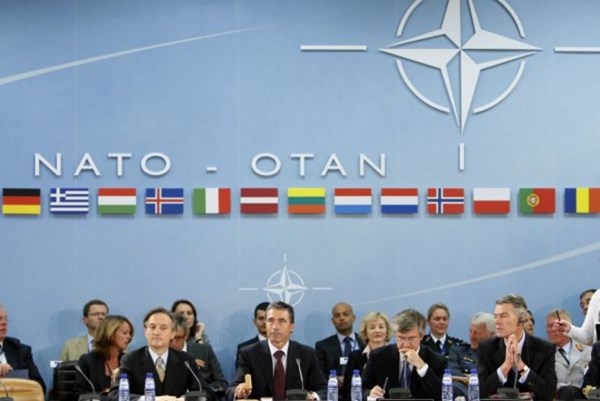NATO has rejected Russia's proposal concerning flights over the Baltic Sea
NATO declined Russia's proposal to always have the transponders turned on when flying over the Baltic region. This was reported by The Wall Street Journal, citing sources in the Alliance.
“This proposal will do little to improve air safety and will not help in stopping Russian aircraft from flying dangerously close to the ships and aircraft of the Western allies,” the source said.
Moscow discussed this issue during the Russia-NATO Council meeting in July. Then, NATO Secretary General Jens Stoltenberg welcomed Russia’s proposal on the reduction of air safety risks in the Baltic region.
The newspaper went on to report that all NATO aircraft are currently flying with their transponders turned on. However, some of the allies, including the US and Norway, sometimes “fly without their transponders during reconnaissance and observation missions,” the newspaper added.
According to sources in the Alliance, some Russian aircraft are not equipped with transponders.
Apart from the transponder issue, Russia also proposed to hold a meeting of military experts in the field of air safety. This idea was also rejected because, according to diplomats of NATO countries, such a meeting would violate NATO's decision to suspend their practical cooperation with Russia.
At the same time, sources in the NATO stressed that the Alliance continues to push for further dialogue at a higher level.
On the 9th of July, a summit of “the most successful military alliance in the world”, NATO, was held in Warsaw.
Alliance members have agreed on the implementation of intentions that were discussed by leaders of the organization during the year. These include the deployment of four battalions to the Baltic States and Poland, the launch of the European missile defense system as well as having a multinational presence in the Black Sea region.
NATO member countries also adopted a declaration at the end of the summit, in which the first president of the USSR, Mikhail Gorbachev, stated that he saw signs of the Alliance preparing for a war with Russia.
